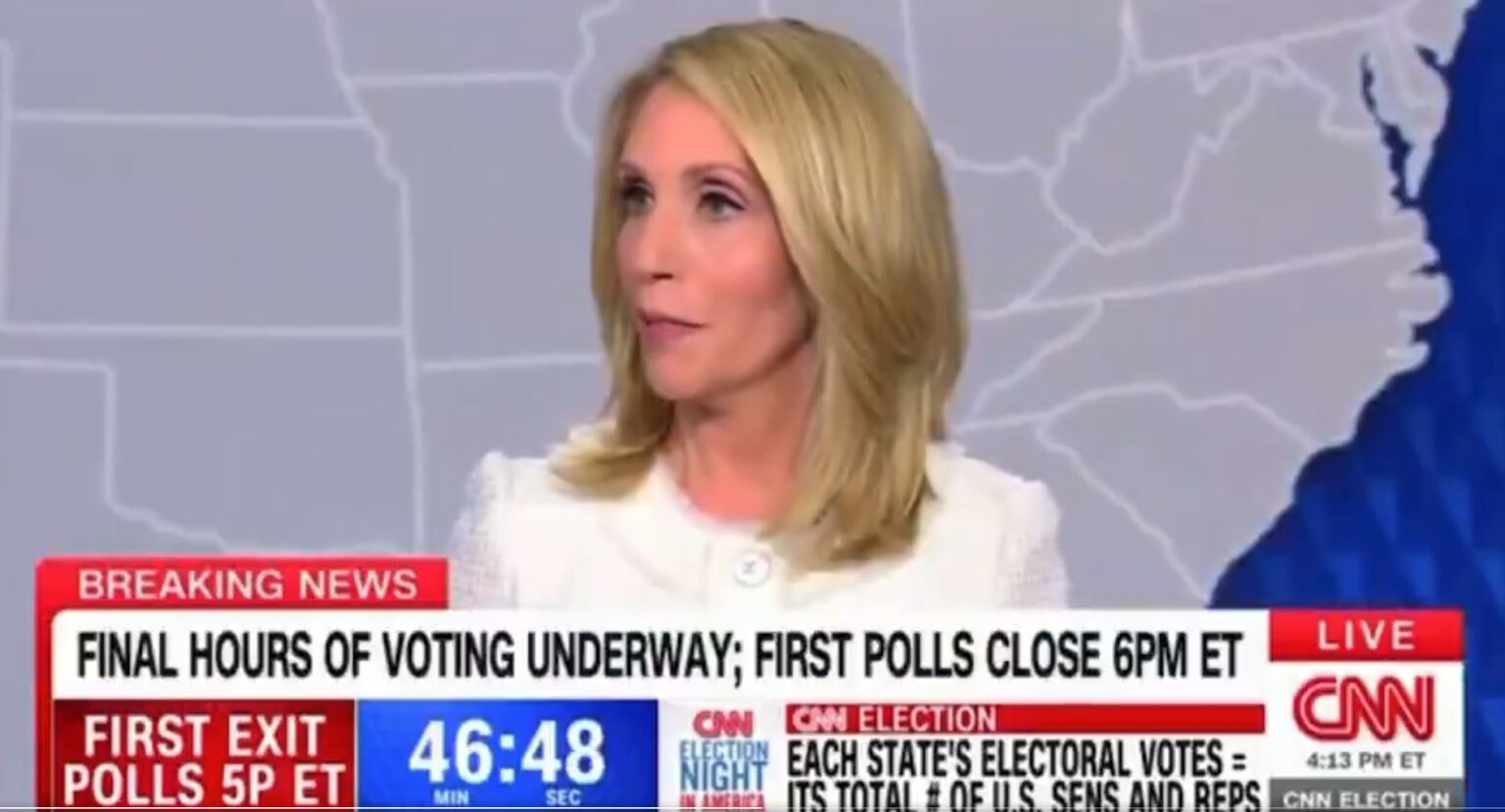Dana Bash, a journalist for CNN, recently expressed her concern that Kamala Harris, the Vice President of the United States, has not had adequate time to establish her identity with the American public during her presidential campaign. She highlighted the contrast between Harris’s relatively brief campaign period and Donald Trump’s significantly longer run, suggesting that this lack of time might hinder Harris’s recognition among voters. Bash’s remarks indicate a belief that Harris’s struggles in the race stem from her insufficient visibility rather than a deeper disconnect with the electorate.
Critics of Bash’s assessment argue that the issues surrounding Harris’s public image go beyond mere timing. They point to the fact that Harris was “selected” rather than “elected” and that her previous presidential campaign in 2020 ended prematurely, as she withdrew before the Iowa caucuses due to low popularity. This history implies that the problem might not be a lack of introduction to her politics and persona but rather a more fundamental disconnect between Harris’s appeal and what voters are looking for in a candidate.
Bash’s assertions about Harris’s lesser-known status compared to Trump sparked debate, as many believe that voters are already familiar with Harris, given her time as a U.S. Senator and Vice President. Many commentators have suggested that Harris has had ample opportunity to carve out her identity in the public sphere. Instead of introducing herself, critics imply that Harris has not articulated a vision or connection that resonates with voters, which could explain her waning popularity in the polls, especially among key demographic groups crucial for the Democratic Party’s success.
Recent polling data supports concerns about Harris’s electoral viability. Various surveys indicate a significant advantage for Trump in the upcoming election, with electoral maps showing him leading Harris in many battleground states. Reports detail how Trump could be poised to win critical states such as Arizona, Nevada, and North Carolina by swings of several points. This trend underscores the seriousness of the situation for Harris’s campaign, suggesting that time is running out for her to solidify her position and strategy to engage voters effectively.
Media narratives around Harris’s campaign display an undercurrent of worry, particularly among Democratic circles, regarding her potential effectiveness as a candidate against Trump in the general election. With polls favoring Trump, the conversation has shifted from a focus on how Harris can introduce herself to whether she can successfully counter the narratives surrounding her capability and relatability as a leader. Such concerns raise questions about the effectiveness of the Democratic Party’s approach in supporting Harris’s candidacy and addressing voter apprehensions.
In summary, while Dana Bash expresses worry about Kamala Harris’s lack of time to connect with the American public, many critics argue that the challenges she faces go deeper than timing. Rather than merely needing to introduce herself, Harris may be grappling with perceptions of her leadership and appeal among voters—a situation underscored by troubling polling numbers for her campaign against Donald Trump. The urgency for Harris to redefine her message and resonate with voters is becoming increasingly critical as the election date approaches, and the media’s focus on this dynamic highlights the stakes for both her campaign and the Democratic Party as a whole.

